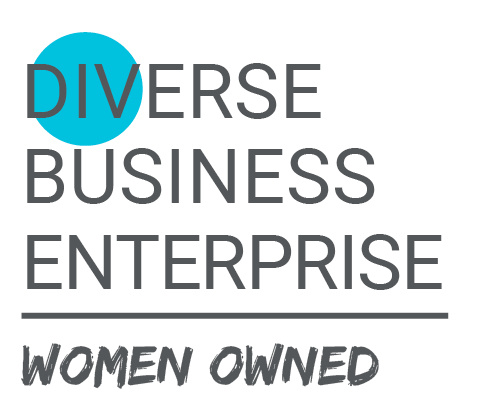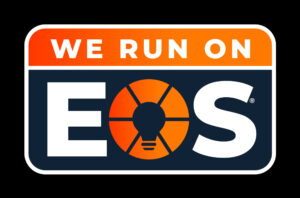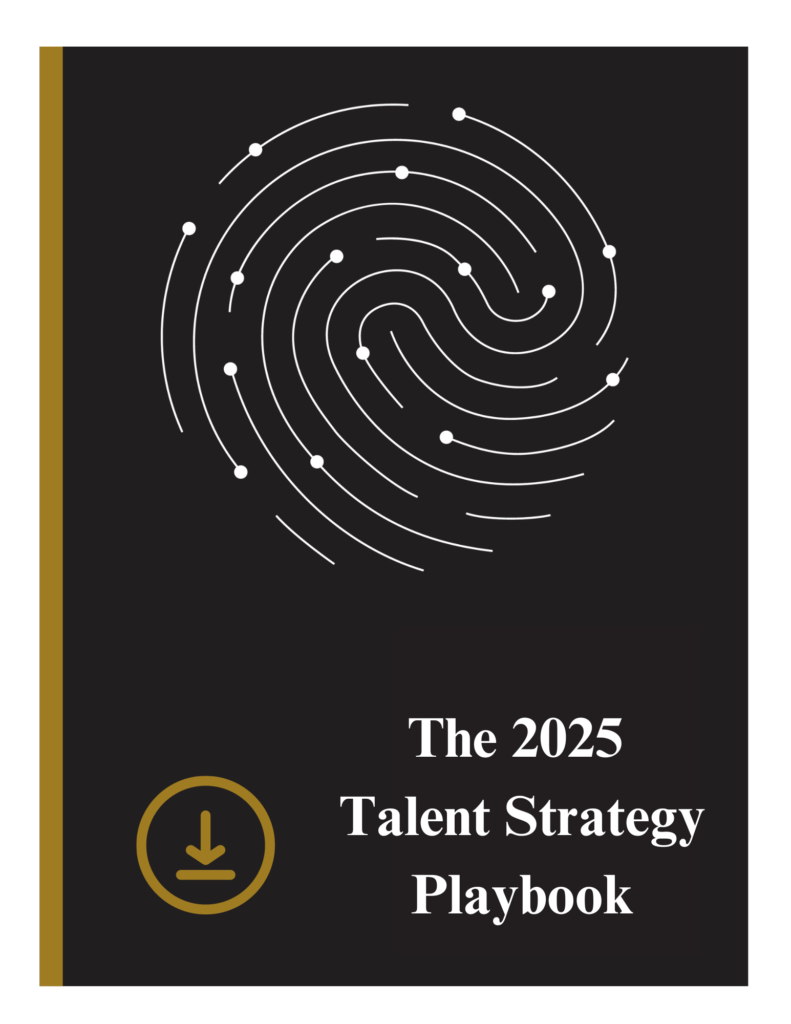by Nicole Degi
When recruiting for top talent, technical expertise and experience is not enough for long-term successes. It is important for employers to prioritize soft skills in candidates. Skills such as communication, empathy, adaptability, and problem-solving may be essential for candidates in the role you are recruiting for.
Why do soft skills matter when hiring talent? Soft skills are essential when hiring because they are the foundation for workplace success and collaboration, influencing how employees interact, communicate, and adapt. While technical expertise ensures a candidate can perform specific tasks, soft skills determine how effectively they work with others and contribute to the overall culture and goals of the organization. Soft skills can lead to higher productivity, stronger retention rates, and a more positive workplace culture.
Strategies for Assessing Soft Skills in an Interview
1. Behavioral Interviews: Behavioral interviews focus on past experiences to predict future performance. By asking open-ended questions, you can gain insights into how candidates have demonstrated soft skills in real-world situations. Question Examples:
- Tell me about a time when you had to manage a difficult team member. How did you address the situation?
- Describe a moment when you had to adapt quickly to unexpected changes. How did you manage it?
It is important to pay attention not to what they accomplish, but how they approach the situation to get the results.
2. Peer or Panel Interviews: Including multiple interviewers or team members in the process can provide varied perspectives on a candidate’s soft skills. Keep an eye out for how the candidate builds rapport with different people and how they engage with a diverse group. Once the panel interview has been complemented, schedule peer feedback to get a holistic view of how the candidate interacted and how they would fit with the team.
3. Psychometric Assessments: These are great tools to provide valuable data points and traits within a candidate. As a firm, we use the Predictive Index, which is a great tool and resource to evaluate behavior traits in a candidate.
4. Team Activities: During the interview, you could implement role-playing-based questions and observe how they respond, react, and complete a task. Or, you could have a case-study discussion as part of the interview process where you would ask a situational question or problem at hand that the company is experiencing and observe how this person solves problems, communicates, and proposes a solution.
Examples of Interview Questions to Assess Soft Skills
- Tell me about the time you worked on a team project. What role did you play, and how did you ensure success?
- How do you prioritize tasks when multiple deadlines are approaching?
- Describe a situation where you had to learn a new skill or process to stay effective in your role.
- How do you manage unexpected challenges or changes to a project?
- Give an example of a time you motivated a team to achieve a challenge?
- Tell me about a time when you had to deal with a frustrated colleague or client. How did you manage their emotions?
- What strategies do you use to stay calm and constructive during a heated discussion?
- Tell me about a situation where thinking creatively helped you achieve a better outcome.
- Tell me about a time when you went above and beyond your job responsibilities.
- What motivates you and how do you stay motivated at work?
While these strategies are effective, assessing soft skills is not without its challenges. Soft skills can be subjective and culturally influenced. To minimize bias, use multiple assessment methods and data points when evaluating candidates.



















